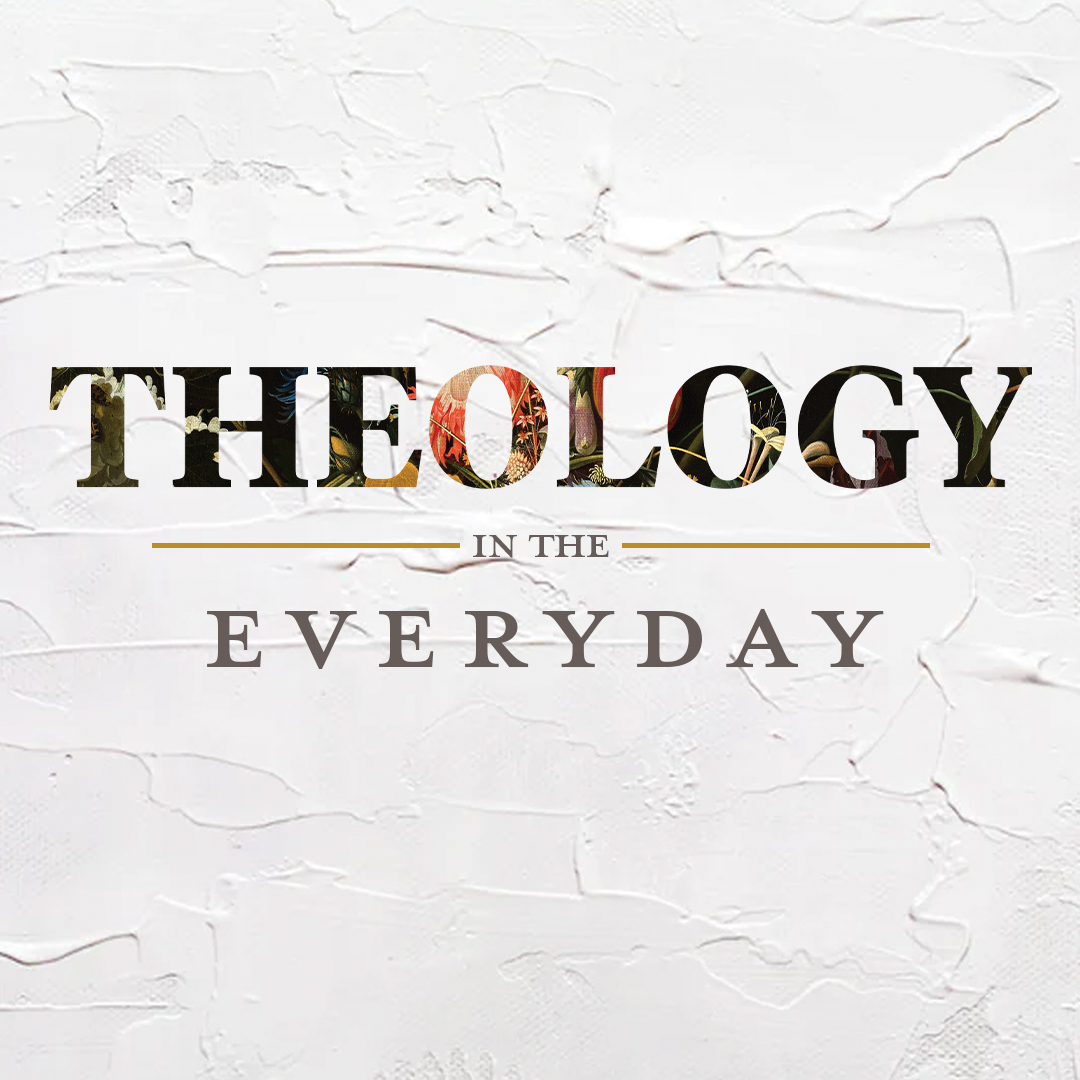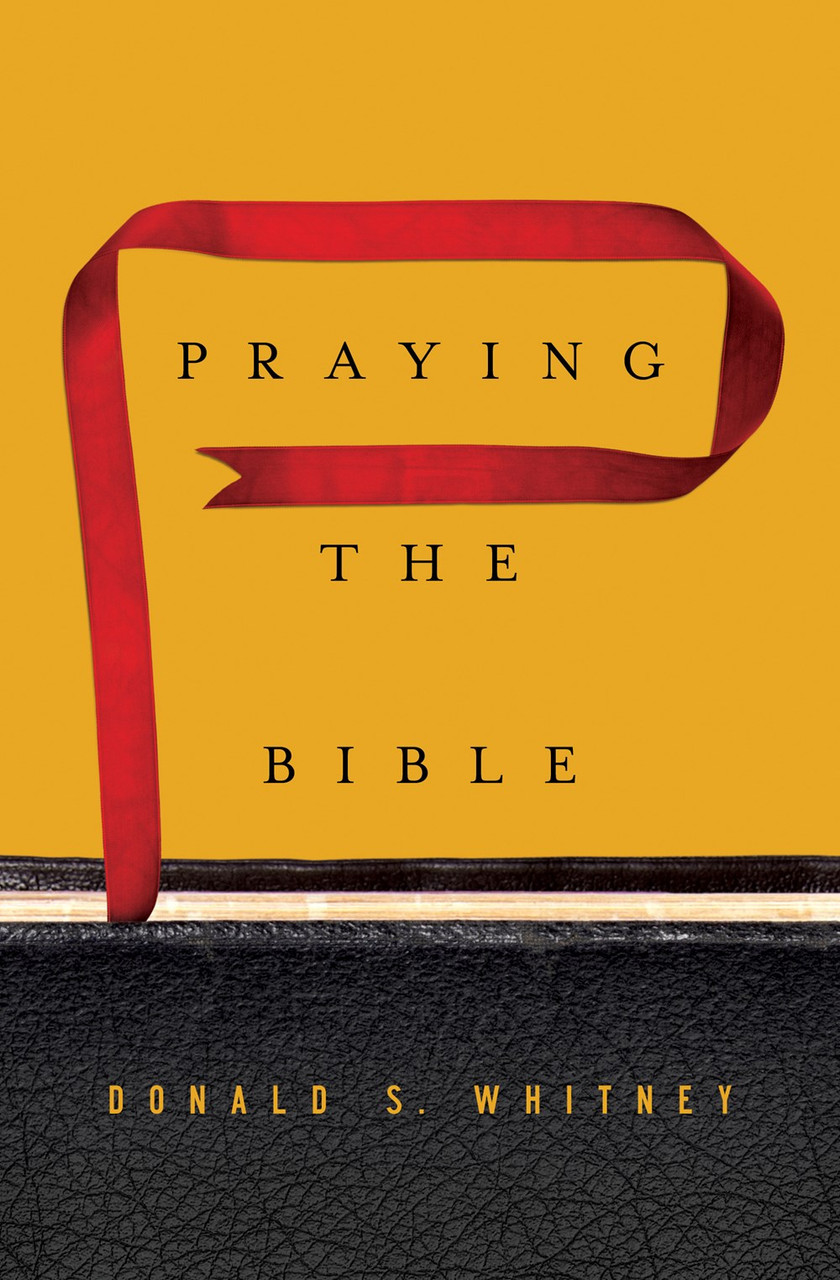

Editor’s Note: The Theology in the Everyday series seeks to introduce and explain theological concepts in 500 words or less, with a 200-word section helping explain the doctrine to kids. At For The Church, we believe that theology should not be designated to the academy alone but lived out by faith in everyday life. We hope this series will present theology in such a way as to make it enjoyable, connecting theological ideas to everyday experience and encouraging believers to study theology for the glory of God and the good of the Church. This week, realism.
Broadly speaking, realism is the position that universals are real. What follows appears to be a change of subject but, be assured, it is not! It is conceivable that these words are being read on a smartphone. It could also be assumed that this smartphone belongs to the reader and is not their neighbor’s or their great aunt’s. The three smartphones are different. These are what philosophers call particulars. They are not the same smartphone. However, all these particulars share a certain abstract pattern such that they are all referred to as “smartphones” rather than gerbils or cupcakes. These smartphones all have screens, apps, cameras, and such. They also share in patterns with things that are not smartphones. In this example there are three smartphones. “Threeness” is a pattern shared by a trilogy of books or the number of divine persons in the Godhead. Smartphones are, roughly, rectangular. They share this “rectangularity” with most books, postcards, and photographs. These abstract patterns are what philosophers call universals or forms or essences.
These universals can be mentally isolated from particulars. “Rectangularity” can be abstracted from the particular smartphone or book which is ignored. “Threeness” can be abstracted from the particular trilogy. These abstractions can only be interacted with mentally. Three itself cannot be perceived except in three particular books, say, or a particular numeral like “3” or “III” which denotes “three”. Destroy those symbols or take away the books and the universal of “three” still exists in some way just without those tangible examples.
The big question is in what sense, if at all, do these universals exist? Realism is an answer to this question which says that they exist independently of, yet are discoverable by, human minds. Realism itself is a relatively recent term but it emerges from a tradition that extends back to Plato, Aristotle, Augustine, Aquinas, and endures through the Reformation. The details as to where and how these universals exist is a distinct, and by no means uncomplicated, question. However, within this realist group there is a strong and unifying motif of transcendence.
Nominalism, by contrast, is the belief that universals are nothing but names attributed to resemblances by human minds. So-called “universals”, says the nominalist, are words devised as placeholders or useful contrivances. There is no such objective thing as “red” but rather only a resemblance between this red card and that red flag that is designated “red” by contingent linguistic convention. Speaking of red flags, in this view there is little room for objective “goodness”, “truth” or “beauty”. Nor is there an objective “human nature” for the second person of the trinity to assume at the incarnation.
The obvious question is why the term “red” has been applied to red appearing things other than that the color red is what they have in common and the inquirer is back to the existence of a universal. The nominalist may seek to avoid this issue by suggesting that it is some other resemblance being perceived rather than a universal color. In this case “resemblance” itself has become a universal and there seems to be no way to escape an infinite regress.
Propositions are also universals. “The sky is blue” and “el cielo es azul” both describe the same propositional truth but in different languages. Likewise, “that Christ died for our sins in accordance with the Scriptures” and, “Que Cristo fué muerto por nuestros pecados conforme á las Escrituras.” The phrases deploy different vocabulary but the distinct proposition to which those languages point is one. Without some overlap in meaning tethered to external referents translation between languages would be impossible. Likewise, when English and Spanish speakers reflect on the blueness of the sky or the death of Christ for sins they are, it seems, considering the same things. There little sense in suggesting, in lieu of propositions, that there is one blueness of the sky and one death of Christ for sins for English speakers and another for Spanish speakers and yet another for Japanese speakers and so on.
For the Kids
My own children are of an age that they can enjoy the book Are you my mother? It’s about a bird who hatches while his mother is away collecting food. The baby, alarmed at being alone, goes off looking for her. The problem is, having just hatched, he doesn’t know what she looks like! The readers know better of course but the bird approaches, among other things, a cow, a kitten and a tractor and asks, “are you my mother?”
Sometimes looking for God can be like that. You might have in mind a bearded fellow in the sky. Maybe he’s behind Jupiter. Perhaps he’s so vast that we are within his body in some way. A man from North Africa, called Augustine, made a discovery that God is not like that. He made this discovery after reading that he ought to look for ultimate truth, or God, in non-physical places beyond creation. In his Confessions, a book he wrote later in life, Augustine tells the story about the time he realized God was not somewhere in the same way that you and I are somewhere. I am in my home. Perhaps you are in yours. Augustine realized that the things that are somewhere, the created things around us, point to the uncreated God who is the unchanging source of all the changeable things he creates and sustains.[1]
[1] Augustine, Confessions 7.20.
How does God's Word impact our prayers?

God invites His children to talk with Him, yet our prayers often become repetitive and stale. How do we have a real conversation with God? How do we come to know Him so that we may pray for His will as our own?
In the Bible, God speaks to us as His children and gives us words for prayer—to praise Him, confess our sins, and request His help in our lives.
We’re giving away a free eBook copy of Praying the Bible, where Donald S. Whitney offers practical insight to help Christians talk to God with the words of Scripture.

